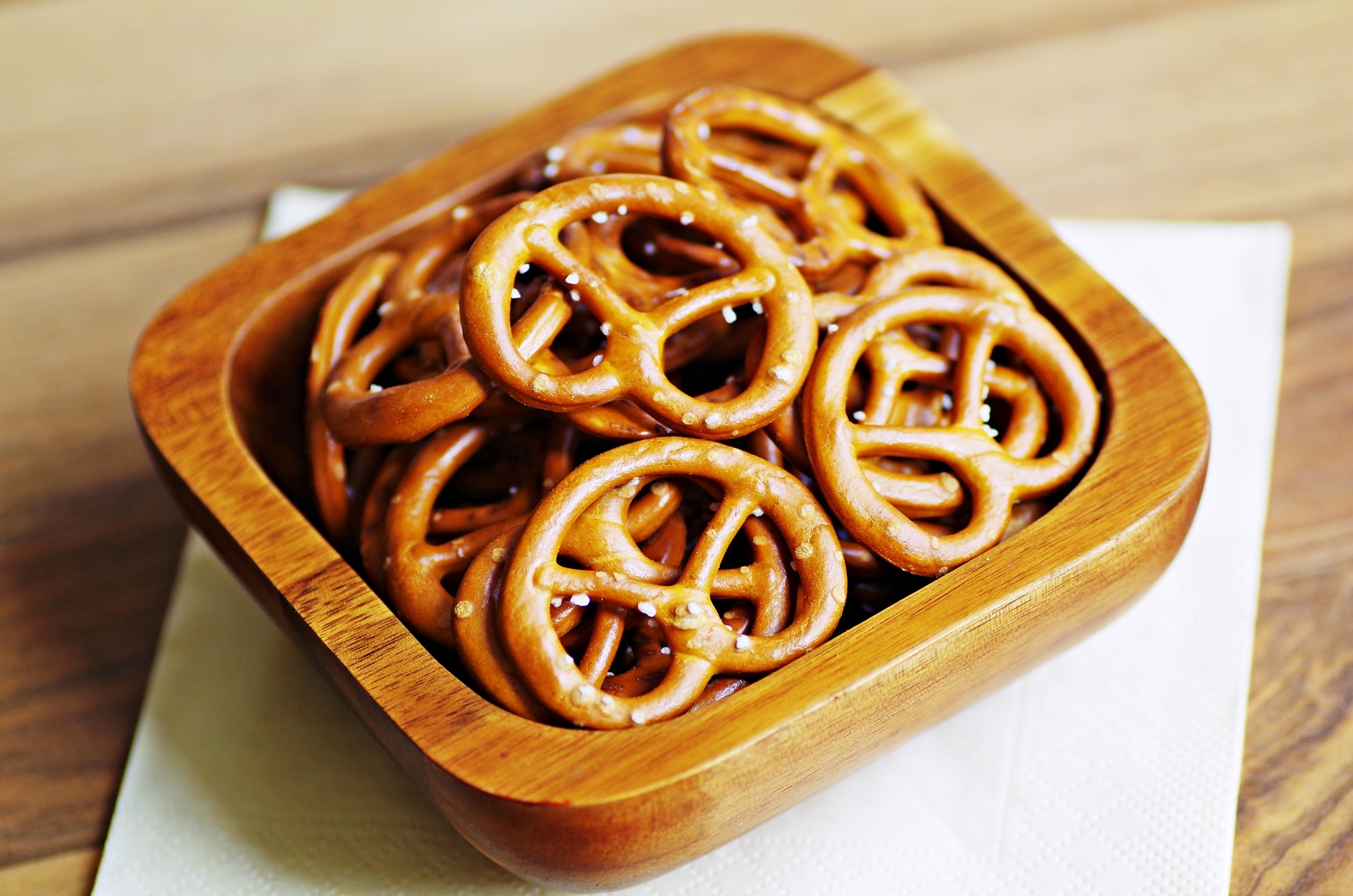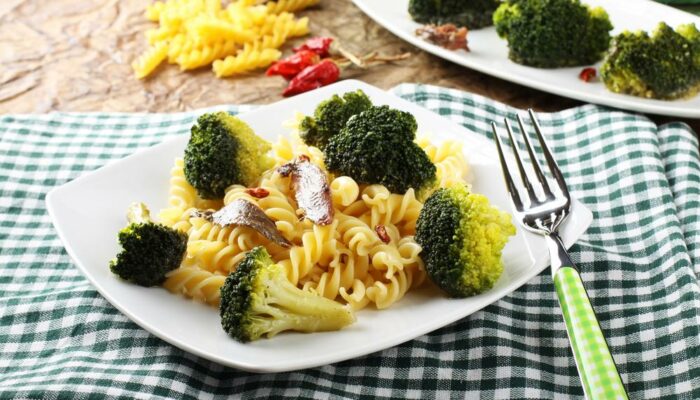
Foods to eat and avoid for heartburn and GERD
There is a bundle of muscles between the esophagus and stomach, which is called the Lower Esophageal Sphincter (LES). This bundle of muscles opens to let food pass into the stomach and closes after the food reaches the stomach to keep the acids inside the stomach. However, if this muscle weakens, it doesn’t tighten, resulting in a reflux of the acid from the stomach into the esophagus, causing discomfort.
Gastroesophageal Reflux Disease (GERD) is very similar to acid reflux, but it is chronic. The symptoms of GERD manifest when acid reflux occurs frequently, more than twice a week. This condition also causes inflammation in the esophagus, and long-term damage of the esophagus can even lead to cancer in severe cases. The condition is not curable through antacids and over-the-counter medicines.
Heartburn and GERD during pregnancy
Pregnant women commonly experience the ill-effects of heartburn, a burning sensation in the chest area, and other symptoms of GERD. Pregnancy increases progesterone levels, causing the LES muscles to relax. This results in acid reflux, and it also worsens due to the added pressure on the stomach.
The symptoms recede after delivery, so pregnant women are advised to make lifestyle changes instead of depending on medication. Doctors recommend specific foods to prevent and manage heartburn and the other symptoms of GERD in pregnant women.
Foods to prevent heartburn and GERD
This is a list of foods to prevent and manage heartburn and other symptoms of GERD:
- Crackers with nut butter
- Edamame
- Baked chicken strips and lean meat
- Low-fat dairy products like low-fat cottage cheese
- High-fiber cereals
- Baked potatoes and sweet potatoes
- Rice cakes
- Granola bars
- Pretzels
- Salads
- Different types of grains
- Half a bagel
- A vegetable or non-citrus fruit smoothie
- Low-cholesterol, protein-rich foods like salmon, trout, beans, and lentils
Foods that aggravate heartburn and GERD
It’s critical to know about the foods that cause GERD and acid reflux, resulting in heartburn. High-fat foods like fried snacks and full-fat dairy products play havoc on the digestive system, and meat that is high in fats and cholesterol are also problematic. One should ensure that they include healthy food in their diet, and these foods should not be oily or have greasy ingredients.
Spicy foods and foods like thick curries are heavy for digestion, and overeating these causes an imbalance in the digestive system and leads to an acidic reaction. If this habit continues, it leads to inflammation and attacks the LES muscles, and this condition induces a gastric reaction in the stomach, producing gastrointestinal acids that can harm the system.
It is beneficial to know about the foods to prevent heartburn and other symptoms of GERD to manage the condition better. Lifestyle changes can also be incorporated, which include following a regular exercise schedule and eating healthy and on time, to prevent or alleviate heartburn and the other symptoms of GERD.



